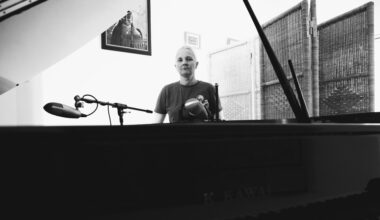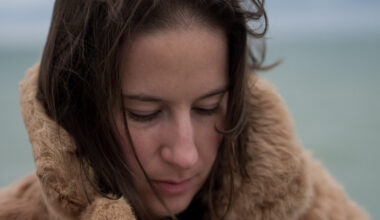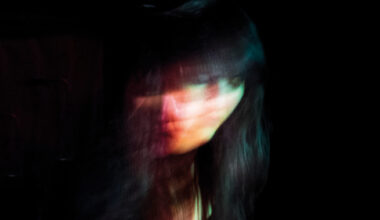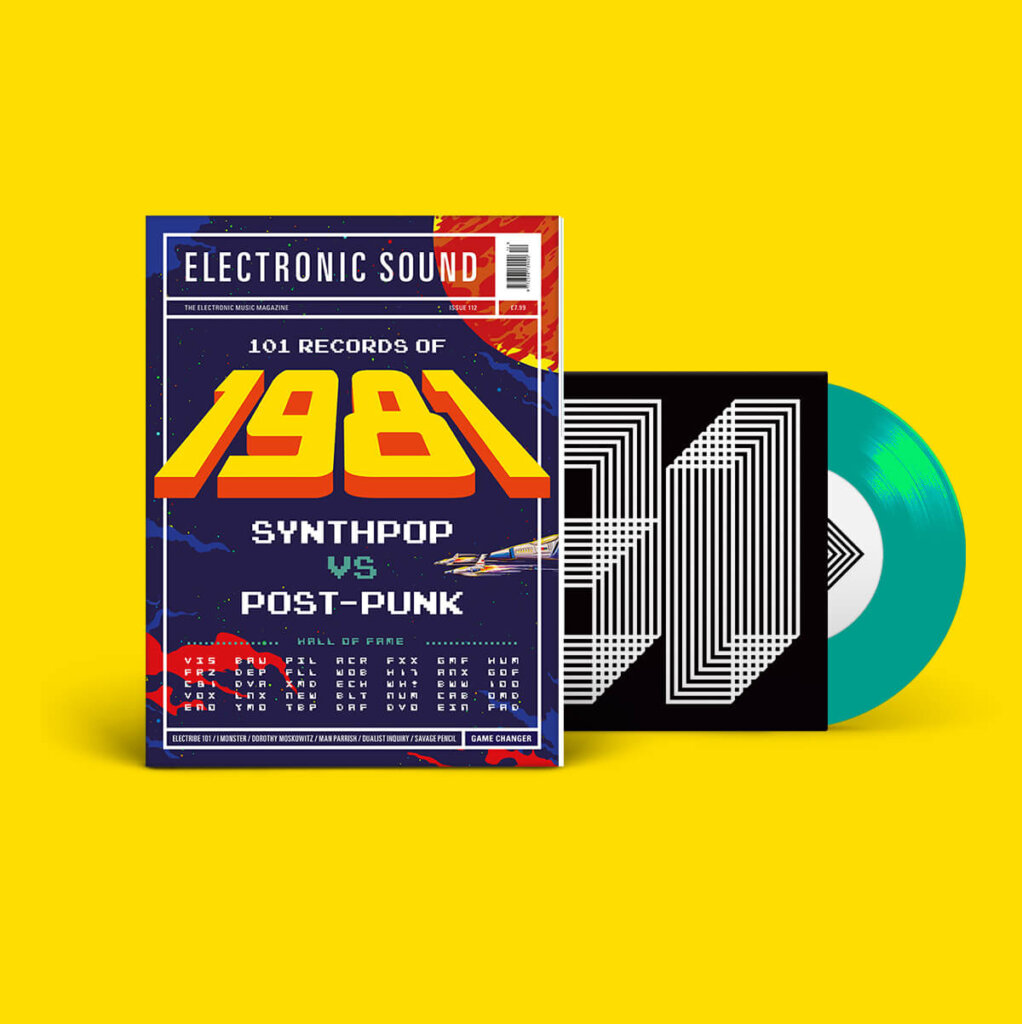The final composer to leave the workshop as it was being wound down in the late 90s, Elizabeth Parker recalls her time at the audio coal face
A few days after the gathering at the Royal Albert Hall, the BBC announced the closure of the Maida Vale studio complex. The building will be emptied by the end of the year. There are a few petitions knocking around, but the BBC won’t be swayed. The erasure of the tape, so to speak, is inevitable.
We call Elizabeth Parker, the last Workshop composer. She joined in the late 1970s, after completing a masters degree under Tristram Carey at the University of East Anglia in Norwich. She and Carey didn’t see eye to eye.
“I couldn’t see the point of putting little pegs in that huge Synthi 100. I couldn’t get anything that sounded like music,” she says.
Parker worked on the ‘Doctor Who’ story ‘The Stones Of Blood’ in 1978 and later took over ‘Blake’s 7’. She was nominated for an Emmy for her work on David Attenborough’s ‘The Living Planet’, a groundbreaking piece.
After more than 20 years at the Radiophonic coalface, she was the last Workshop employee to leave the building.
“Yep,” she confirms decisively, the single word laced with ironic pride. “It was a bit of a cheek, because one of the engineers was casing me on the last day, they thought I might walk out with some of the mouldy old equipment. I said, “Shall I give you the key, then?’ and he said [adopts an officious tone], ‘That would be appropriate’. And that was it. I walked out and burst into tears, actually.”
The last work she did as a BBC employee was for Michael Palin’s ‘Full Circle’, alternating episodes with Peter Howell, who had already turned freelance. In the end, all she took with her was the circular studio workstation furniture, which she paid for. She installed it in her home studio, where she worked as a freelance composer for the next 10 years.
There’s an ambivalence in her memories of The Radiophonic Workshop. She remains modestly proud of the work she accomplished (with the notable exception of the signature tune itself for ‘The Living Planet’, which was done in a hurry and she can’t bear to hear even now – “that bloody trumpet…”), but she remembers feeling that as a woman she could be casually belittled, especially when it came to the technical side of the job.
“Women and the Workshop weren’t the greatest mix,” she says. When she presented her demo of the proposed music for ‘The Living Planet’, she remembers, it was to an intimidating room filled with “grey-suited men and one other woman”.
What about Delia Derbyshire?
“Well, one or two people were extremely derogatory about her. There was talk of her having gone off the rails. Perhaps you have to die, I don’t know,” she sighs. “I wasn’t there in the 60s and really think that Jon [Baker] and Delia and Daphne Oram, they were the real crux of it. Delia was an amazing character. I heard all sorts of weird rumours about her, carrying cheese around and working naked in the studio, I don’t know if that was true or not. The legend has grown, because it’s good for it to have grown.”
Did you know her?
“I had two or three very long phone calls with her before she died.She would call me up in the afternoon, and we’d just talk. She’d be slurring because she was drunk. But it was really rather lovely. But the time I did meet her, which was at the 25th anniversary of the Workshop, I didn’t actually speak to her. She was a very tall and imposing person. I think she and I would have got on really well, and we would have been a force to be reckoned with had we worked together.
“But what I did was not in the true understanding of what Radiophonics is. I suspect I moved away from it a bit, but that was alright, that was the way things were moving. You had the Pet Shops Boys and all sorts of people moving electronic music on. So I think it was perfectly legitimate to still be there, but doing a mix of music and sound. I was always writing signature tunes and background music and things like that. With the advent of the sampler, you could write music that sounded less Radiophonic and more orchestral, and that’s what people were wanting in the late 80s and the 90s. So, you know, I was only going with what people wanted.”
What do you think of the live version of The Radiophonic Workshop? Have you seen them?
“No. To be honest, I left it and that was that,” she says. “I am an afterthought as far as The Radiophonic Workshop is concerned. I don’t take much notice of what they’re up to. But frankly, whatever age I am, I don’t want to be in front of a live audience.”
For more about Elizabeth Parker, visit elizabeth-parker.co.uk







